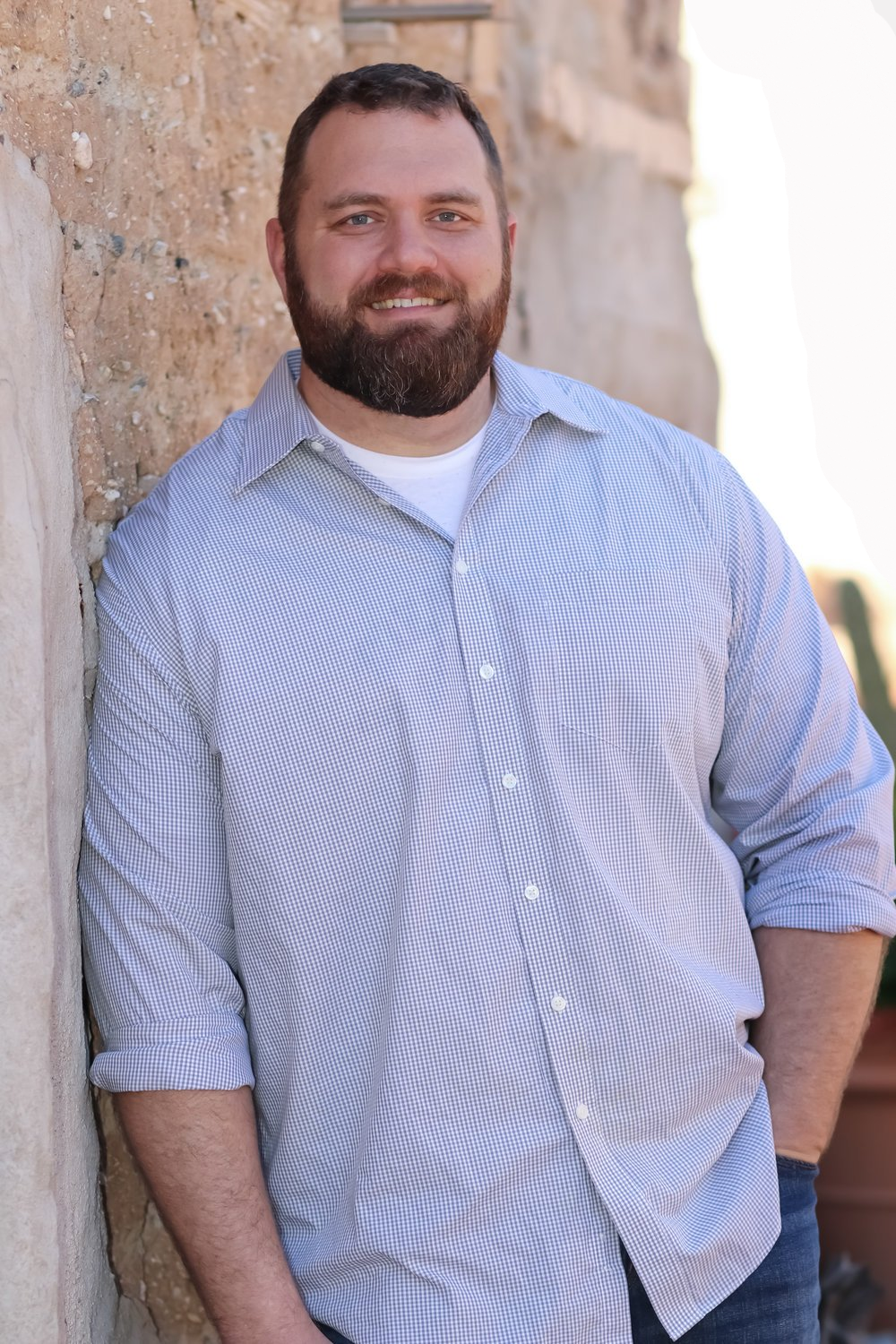The Epic Fantasy by Allen Werner
For those whom accept the challenge and choose to write an epic fantasy tale, a firm grasp of the world you want your characters to populate is as important to the story as the story itself. Authors will painstakingly map out entire worlds, filling the landscape with beautiful cities and thundering rivers, enormous mountains and pleasant meadows. And all of these places will have to be given a history and assigned a name, or designation, some sort of reference. And to further deepen the antiquity of the sites, cities and rivers, perhaps even the characters themselves, they might be known to different peoples, different races in different regions, by different names. If you look at the character of Aragon in J.R.R. Tolkien’s Lord of the Rings trilogy, you will find him known by many names including Strider, Estel, Ranger and eventually King Elessar.
Historical Fantasy
I write historical fantasy. To write historical fantasy, an author must judiciously research the region of the known world where the story will play out. This doesn’t mean we cannot add unique buildings, forests, towns and other elements to the world, but the base must be sound, the major markers identifiable. The author will also have to map out the time period, the past of that area and the people who once lived there, their language and customs, the artifacts and impressions they left on future civilizations. In my tale, The Crystal Crux, the city of Parthenope or Naples is one of the major metropolises. Although it is Italian, its roots are in Greece, in the adventurers who created the first settlement.
It is fantasy, but the author of historical fantasy will want to stay as true to the facts concerning the real world as possible. A writer will want the reader to question their knowledge of history, wonder what is true and what is not. To accomplish this, the author must have done their homework, combing through dozens of historical documents and books, atlases, religious script, as well as various manuals concerning art, architecture and indigenous plants and animals. All this gathering of information will ultimately fill myriad notebooks and there will be stick-it notes everywhere. If one is not careful it is quite easy for all this research to become overwhelming and ponderous, and eventually of little use.
Research and Prepare
Before you begin researching, I advise the writer to devise a storage locker, a final resting place for all this gathered information to be assembled and collated. Ask yourself, ‘How will I find this information again once it goes into the locker?’
The locker doesn’t have to be a physical file although some of us still prefer this tangible system over electronic options. You can create a locker on your computer or in the ‘cloud’. Just make sure you understand how the filing system will best operate for you, be it dates, places, methods, names, titles, whatever.

Grab the Readers' Attentions
No matter what type of book you are writing, it will require a powerful beginning, something to grab the reader’s attention. And I don’t mean the opening few lines. There are many theories on what works best but from what I’ve seen and read, when it comes to epic fantasy, there really are no rules. Most people who read epic fantasy already know what they are getting into. They are going to explore a world that goes beyond the first opening lines. They are going to give the whole first chapter a chance.

This elaborate mapping of a fantastical world the author labored to create is going to eventually have to become a part of their reading mind. It’s not going to be simple and straightforward no matter what the first sentence says or even how the first chapter reads. There are going to be multiple characters in dozens of locales plotting various machinations to achieve numerous goals. It won’t be as pedestrian as a single protagonist versus a single antagonist. There will be many of both. And sometimes, protagonists will become antagonists and antagonists will become protagonists. There will be minor characters that enter. We will learn a great deal about them, even learn to care about them, and then they will simply go away. An epic, by definition, is going to bear the reader through an ocean of emotions and a tsunami of events. I don’t think it really matters to the epic fantasy reader which character, locale or plot you begin with. The story is going to grow way beyond that moment and most readers of epic fantasy are educated enough to know that. The author needs only guarantee that the opening chapter makes them want to be sucked into that world.
Keep the Readers' Attention
Once the reader is sucked into your world, that is where the real challenge for an author begins. How do you expand the world without losing cohesion? I have read George R.R. Martin’s ‘A Song of Fire and Ice’ series and I will tell you there were plenty of times I had to backtrack to remind myself where in the world I was. He challenged us constantly. He would start a new book with a region and set of characters not even spoken of in the other books. Epic fantasy of any kind demands much from the reader. Martin seems to demand even more. But this demand, in turn, means there is a colossal onus placed on the author to write so well, that the reader will continue reading this strange new material believing it will eventually mesh with what is known. If the writing is weak and the palette no longer vivid and full of life, the reader will become lost and lose interest. It all comes back to the writer’s ability to make the fantastical sound tangible.

I have also found as an author, you want feedback from readers accustomed to reading the epic fantasy genre. Readers of other genres have different expectations and often find epic tales, no matter how well-written, to be obtuse and long-winded. They hate the constant flipping from one character to another to another and so on. I’ve had others tell me that flashbacks drive them mad – and I use a lot of flashbacks. I start my first book with a flashback.
In truth, no matter how you present the history or culture of the world you have so shrewdly researched, readers unaccustomed to epic fantasy will deem much of what you write to be wholly unnecessary. They will advise you remove it, shorten it up.
While we understand that every word written must be worth the author and readers' time, we are also seeing the larger picture. We want to bring that whole beautiful landscape to life and there is simply no condensing that. For a story to truly be epic, there have to be dozens of characters in several lands. There must be divisions and plot twists that ripple across seas and shake mountains. We can be obscene and throw thousands of dragons,
vampires, hydras, griffins and unicorns into the story to please the audience but it is the elaborate setting that gives their existence purpose and meaning. The complexity of the world we create, be it historical or imaginary, defines great fantasy from all the rest.
About Allen Werner

The Crystal Crux - Betrayal , is the first novel by Allen Werner , and the first in 'The Crystal Crux' series. Allen Werner is a past winner of the Wisconsin Regional Writer's Association Jade Ring contest. Allen Werner is a history enthusiast with a passion for the Middle Ages, Greek, Roman and Norse mythology, as well as Native American studies. He follows the Way of the Sacred Names, Yahweh and Yahshua, plays soccer religiously and is an ardent supporter of rock and symphonic metal bands. Allen Werner lives in Southeastern Wisconsin with his wife, Susan. They have three daughters, three grandchildren and loving host of self-proclaimed extended children and grandchildren.
You can find The Crystal Crux - Betrayal at Amazon.com
Make sure you visit Christopher Patterson’s website at www.christopher-patterson.com and also make sure you sign up for his monthly newsletter where you can keep up to date with what’s going on in his world, his articles and blogs, get access to freebies, and experience promotional material. You can sign up for Christopher Patterson’s email newsletter at http://eepurl.com/b5AUa1
Chris' Blog







